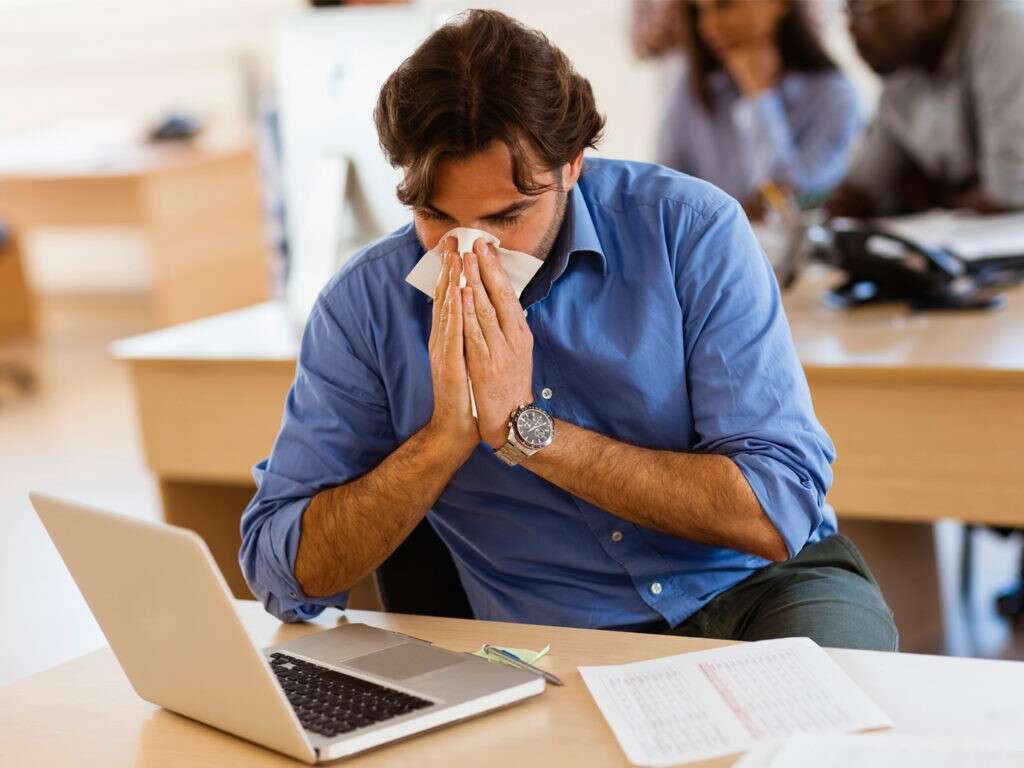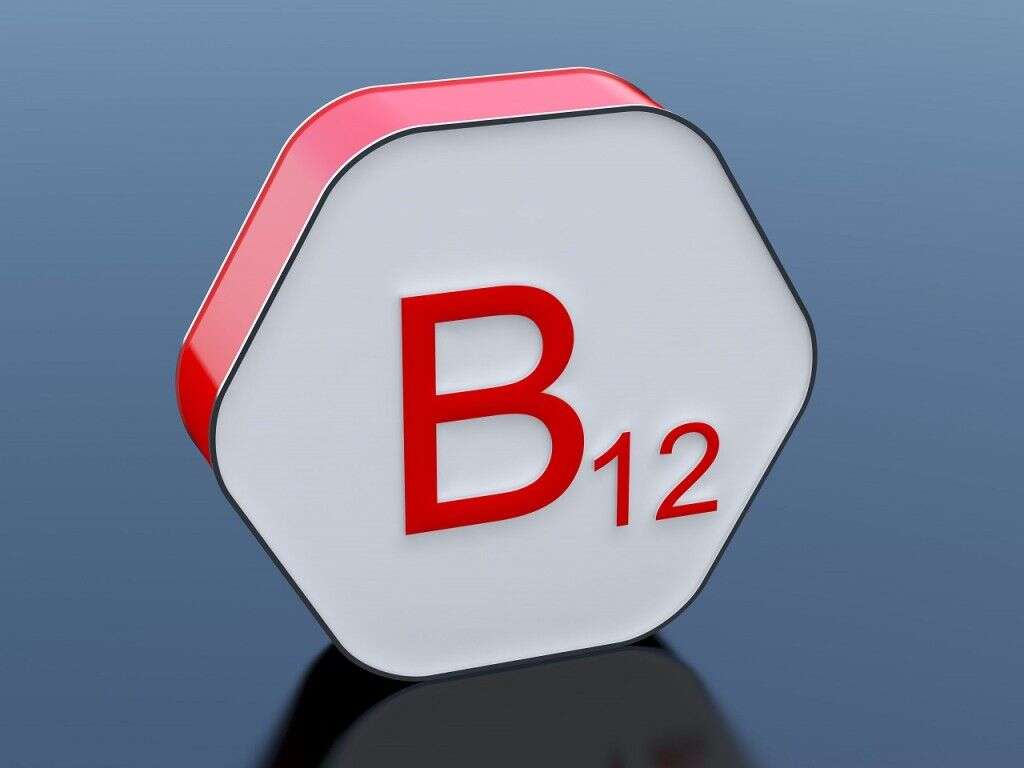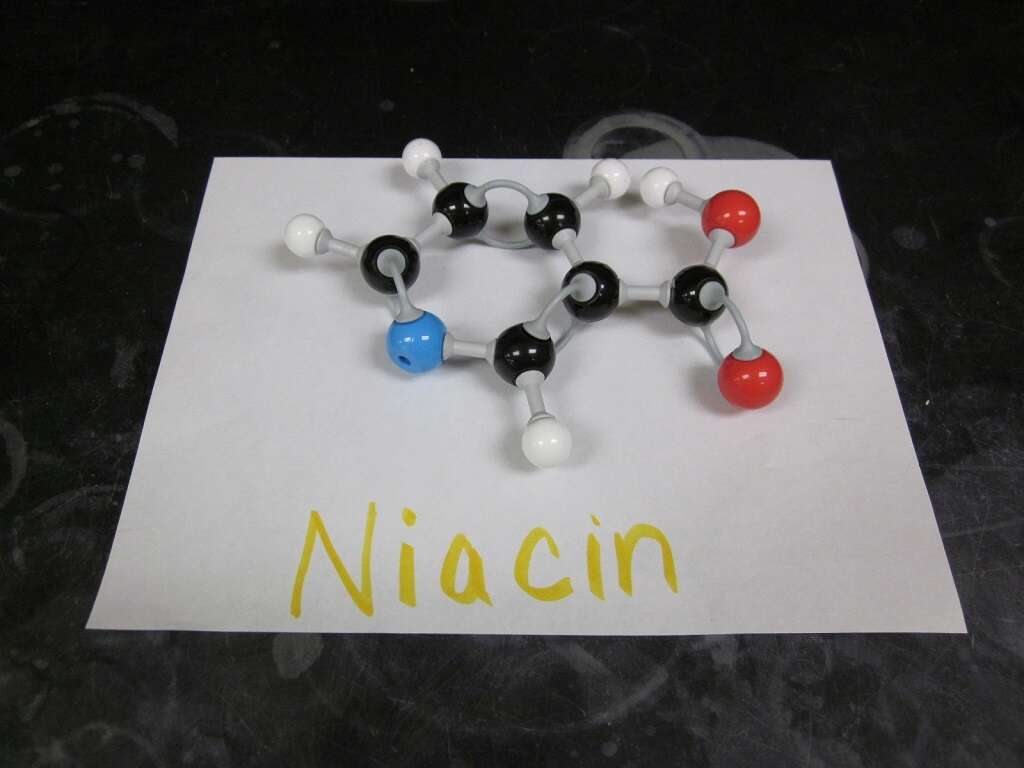Thiamine Deficiency Signs, Symptoms and More
 Article Sources
Article Sources
- 1. Osiezagha, Kenneth C, et al. 'Thiamine Deficiency and Delirium.' Innovations in Clinical Neuroscience, Matrix Medical Communications, Apr. 2013, www.ncbi.nlm.nih.gov/pmc/articles/PMC3659035
- 2. Liu M;Alimov AP;Wang H;Frank JA;Katz W;Xu M;Ke ZJ;Luo J; 'Thiamine Deficiency Induces Anorexia by Inhibiting Hypothalamic AMPK.' Neuroscience, U.S. National Library of Medicine, pubmed.ncbi.nlm.nih.gov/24607345.
- 3. Hammond, Nancy, et al. 'Nutritional Neuropathies.' Neurologic Clinics, U.S. National Library of Medicine, May 2013, www.ncbi.nlm.nih.gov/pmc/articles/PMC4199287
- 4. BL;, Gratton SM;Lam. 'Visual Loss and Optic Nerve Head Swelling in Thiamine Deficiency without Prolonged Dietary Deficiency.' Clinical Ophthalmology (Auckland, N.Z.), U.S. National Library of Medicine, pubmed.ncbi.nlm.nih.gov/24899800
- 5. BL;, Gratton SM;Lam. 'Visual Loss and Optic Nerve Head Swelling in Thiamine Deficiency without Prolonged Dietary Deficiency.' Clinical Ophthalmology (Auckland, N.Z.), U.S. National Library of Medicine, pubmed.ncbi.nlm.nih.gov/24899800
Delirium
Confusion and delirium are serious issues that may occur in people who have a severe thiamine deficiency. Delirium is particularly common in older individuals who have nutritional deficiencies, and it may also occur in those who are thiamine-deficient due to alcohol abuse.
Delirium makes it hard for people to think clearly, and some people may experience hallucinations. Delirium is a dangerous symptom that requires immediate intervention from a medical professional.
Advertisement










